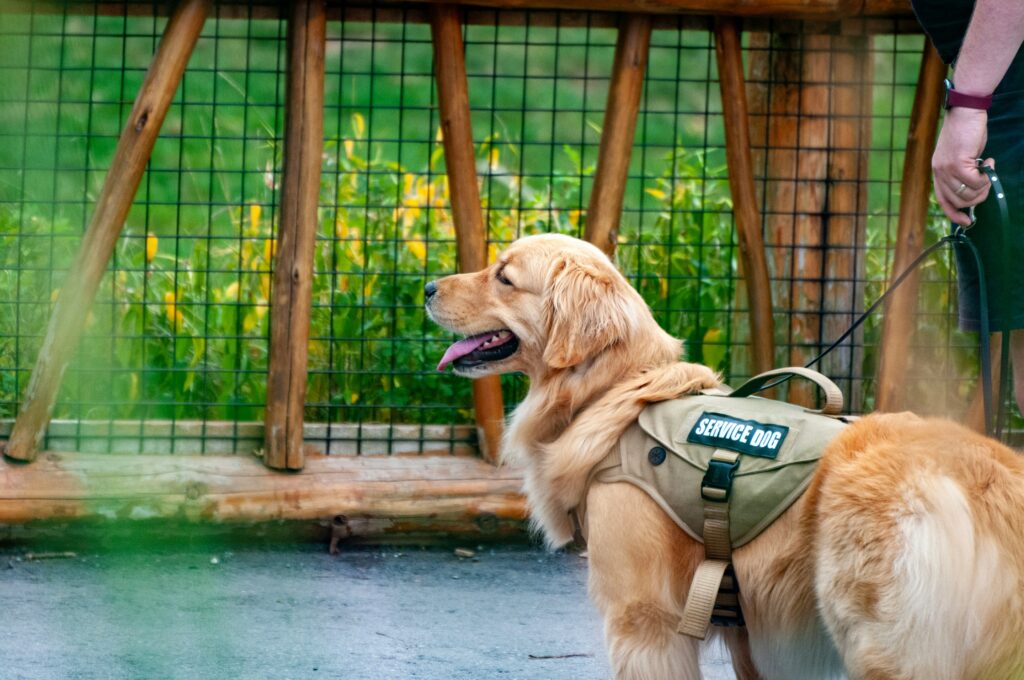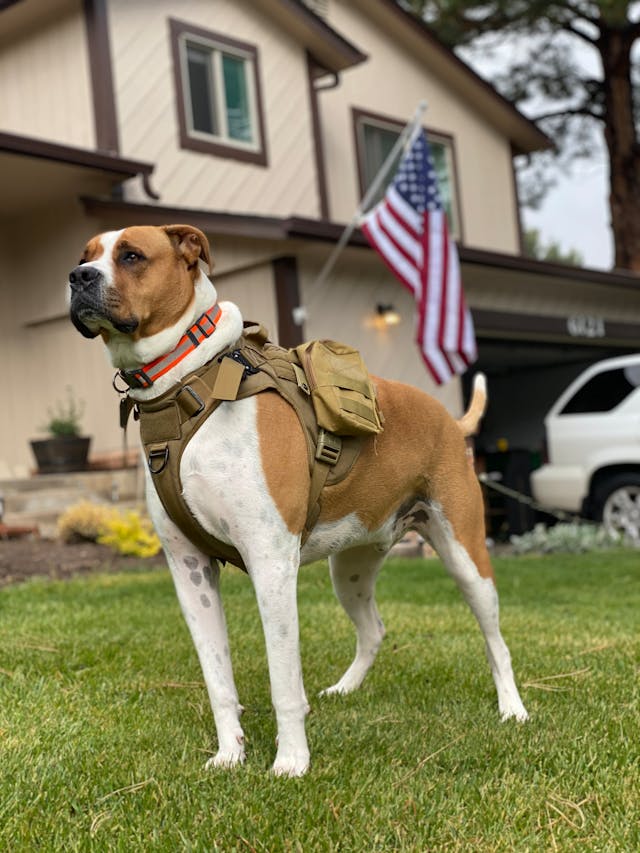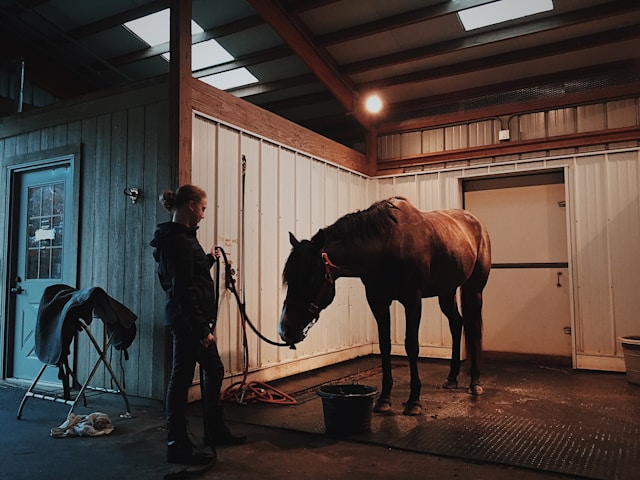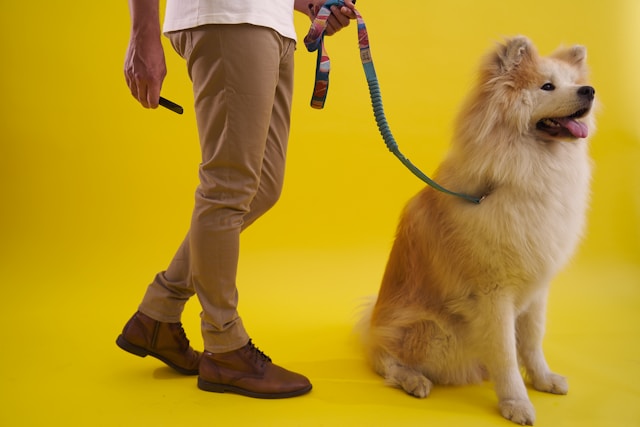
Emotional Support Animals (ESAs) play a crucial role in providing comfort, companionship, and therapeutic benefits to individuals dealing with mental health challenges. As the importance of mental health awareness grows, so does the need to advocate for the rights and acceptance of ESAs in various settings. Here are some impactful ways to advocate for Emotional Support Animals:
1. Understanding ESA Laws and Rights
Advocacy begins with knowledge. Understanding the laws and rights regarding Emotional Support Animals is paramount. In the United States, ESAs are protected under the Fair Housing Act (FHA) and the Air Carrier Access Act (ACAA). The FHA allows individuals with ESAs to live with their animals in housing units that have a “no pets” policy, while the ACAA permits ESAs to accompany their owners in the cabin of an aircraft without additional fees.
Educating yourself and others about these laws can help dispel misconceptions and promote acceptance of ESAs in various environments.
Read more: Understanding Service Animal and Emotional Support Animal Laws Better
2. Promoting Education and Awareness
Advocacy efforts should focus on promoting education and raising awareness about the benefits of Emotional Support Animals. This includes sharing personal stories of individuals whose lives have been positively impacted by their ESAs. Highlighting the therapeutic value of these animals in reducing anxiety, depression, and other mental health issues can foster a better understanding of their role.
Utilize social media, blogs, and community events to spread information and encourage conversations about ESAs and mental health support.
Read more: 6 Effective Ways to Raise Awareness About Service Animals
3. Engaging with Legislators and Policy Makers
Advocacy also involves engaging with legislators and policy makers to advocate for laws that protect the rights of ESA owners. This includes supporting initiatives that ensure fair treatment of ESAs in housing, transportation, and public spaces. Writing letters, participating in public hearings, and supporting ESA-friendly legislation can make a significant impact.
Collaborate with advocacy groups and organizations dedicated to promoting mental health and ESA rights to amplify your voice and create meaningful change.
4. Addressing Stigma and Misconceptions
Stigma and misconceptions surrounding Emotional Support Animals can hinder acceptance and support. Advocates can play a crucial role in challenging stereotypes and educating the public about the legitimate need for ESAs in mental health treatment. Encourage open dialogue, provide accurate information, and advocate for empathy and understanding towards ESA owners.
By addressing stigma, advocating for ESA awareness, and promoting respectful discussions, we can create a more inclusive and supportive environment for individuals with Emotional Support Animals.
Read more: 6 Common Misconceptions About Service Animals
5. Supporting Training and Certification Programs
Promoting responsible ownership of Emotional Support Animals is essential in advocating for their acceptance. Supporting training and certification programs for ESAs can ensure that these animals exhibit appropriate behavior in various settings. Encourage ESA owners to invest in proper training and certification to uphold standards of behavior and mitigate potential conflicts.
Advocacy efforts should also focus on combating fraudulent ESA certifications, which can undermine the legitimacy of genuine ESA owners and their animals.
Conclusion
Advocating for Emotional Support Animals is a multifaceted effort that requires education, awareness, legislative support, and community engagement. By understanding ESA laws, promoting education, engaging with legislators, addressing stigma, and supporting responsible ownership, advocates can contribute to a more inclusive and supportive environment for individuals with mental health challenges and their valuable Emotional Support Animals.
Do you own an assistance animal? Register your pet today.
The Service Animal Registry of California invites you to have your assistance animal registered in order to designate its status. We also encourage you to take our online classes so you can be fully aware of your rights and gain more knowledge about your support animal.
Finally, we present to you our book entitled, “ASSISTANCE ANIMAL LAWS: LEARN YOUR RIGHTS REGARDING SERVICE ANIMALS, EMOTIONAL SUPPORT ANIMALS, THERAPY PETS, AND OTHER DOGS, CATS, AND ASSISTANCE ANIMALS” to provide you with a complete education on assistance animals.
Purchase your copy of the book by clicking the image below.










